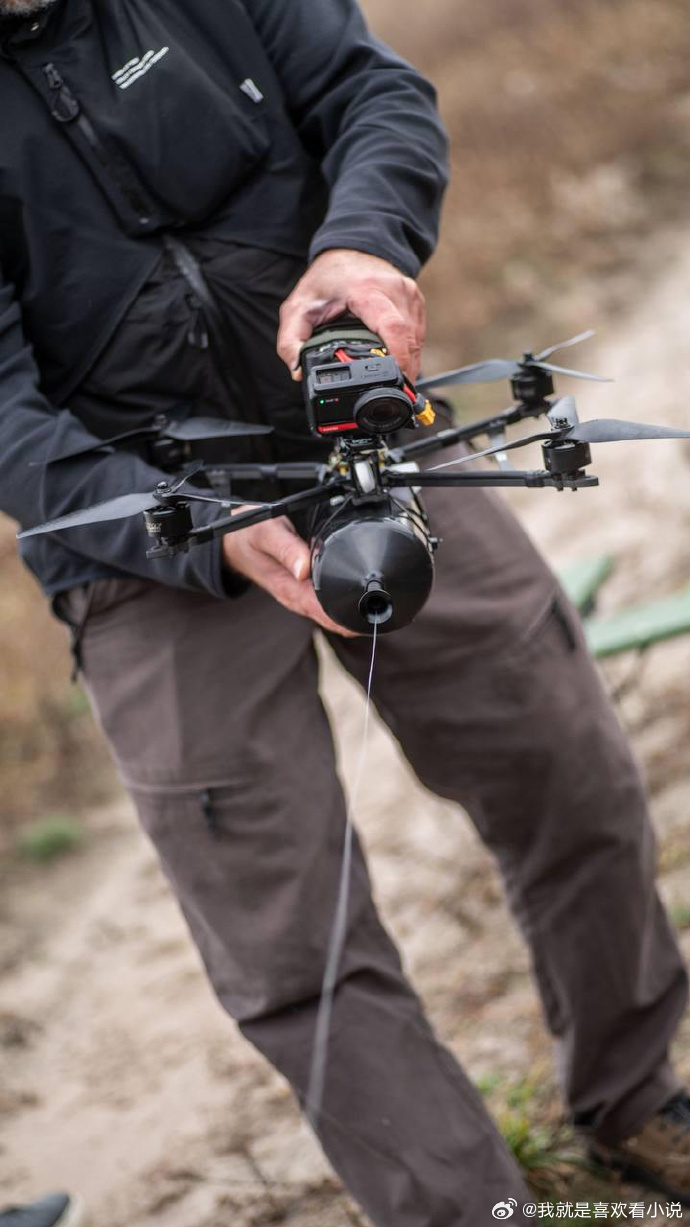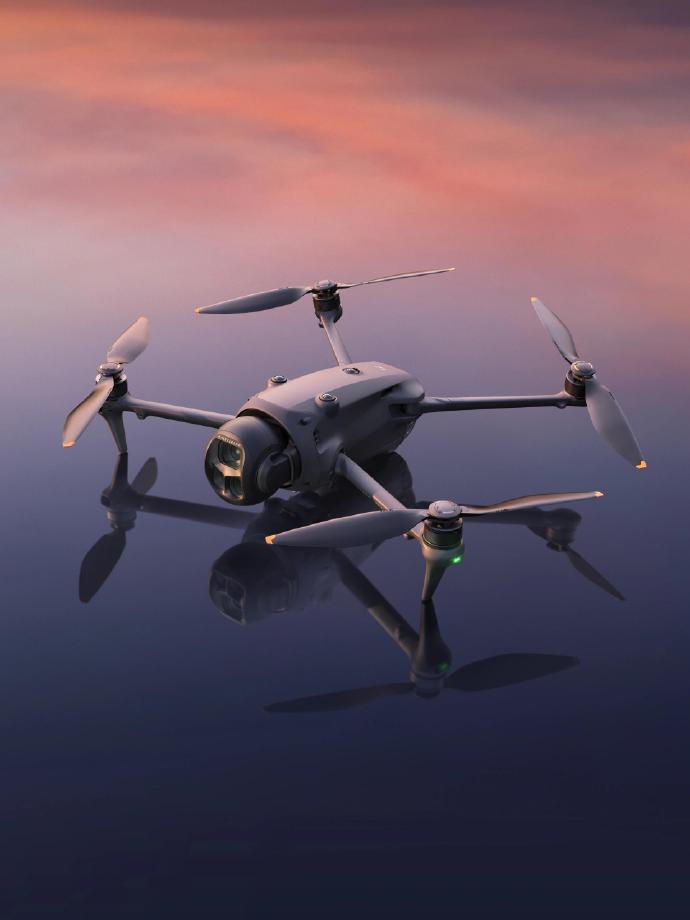In recent years, drone electric motors have become a topic of significant interest among enthusiasts and professionals in the field of aerial technology. The efficiency and innovation brought about by these motors have revolutionized the capabilities of drones. When you consider the components of a drone, the electric motor stands out for its ability to provide smooth, controlled power essential for precise flight maneuvers.
The Core of Drone Power
At the heart of every drone lies the electric motor, a critical element that dictates the overall performance. These motors come in various types, each specifically designed to cater to different drone specifications and requirements. The common brushless motors, known for their efficiency and durability, have become the standard due to their superior performance compared to brushed motors. They offer seamless operation with minimal friction, hence, prolonging the life of the drone.
Innovation in Electric Motors
The advancements in drone electric motor technology have led to remarkable innovations. Manufacturers continuously strive to enhance motor efficiency, reduce weight, and improve power output. This innovation enables drones to enjoy longer flight times and better energy management, which is crucial for commercial applications such as surveillance and delivery services.
Eco-Friendly and Sustainable Flight
Another aspect of innovation is the environmental impact. Electric motors are inherently more eco-friendly compared to their combustion counterparts, as they produce less noise and zero emissions. This contributes to the sustainability of drone technology, making it suitable for use in urban environments where noise pollution is a concern. The focus on greener technology is not only beneficial to the environment but also aligns with global trends towards sustainable practices.
Choosing the Right Motor
When selecting an electric motor for a drone, several factors need to be considered, such as the drone weight, required torque, and the application it is intended for. High torque motors are preferable for heavy-duty drones used in carrying substantial payloads, whereas lightweight motors are ideal for recreational drones where agility and speed are paramount. Proper motor selection ensures optimal performance and energy efficiency.
Understanding the role of the electric motor in drone dynamics is crucial for optimizing drone design and maximizing performance. The continued evolution of these motors promises exciting possibilities for future drone technology, from enhanced battery life to smarter autonomous flight capabilities.
Frequently Asked Questions

- What are the advantages of brushless motors in drones?
- Brushless motors offer increased efficiency, reduced heat generation, lower maintenance, and longer lifespan, all contributing to better drone performance.
- How do electric motors contribute to quieter drone operation?
- Electric motors produce less mechanical noise and vibrations due to their smooth operation, resulting in quieter flights.
- What should I consider when choosing a drone motor?
- Consider the drone’s weight, purpose, required torque, and energy efficiency to select the most appropriate motor.

